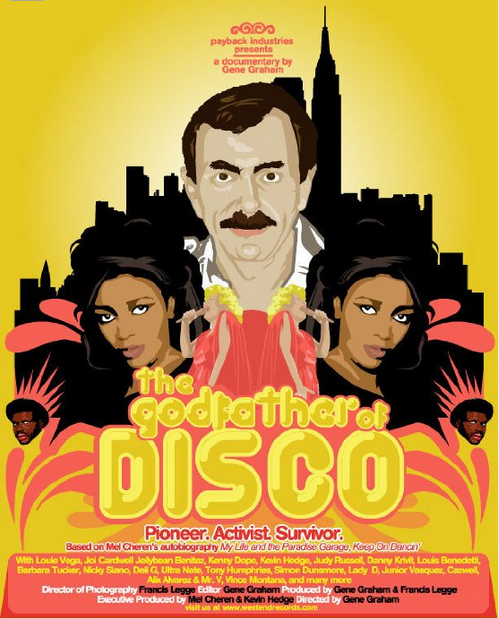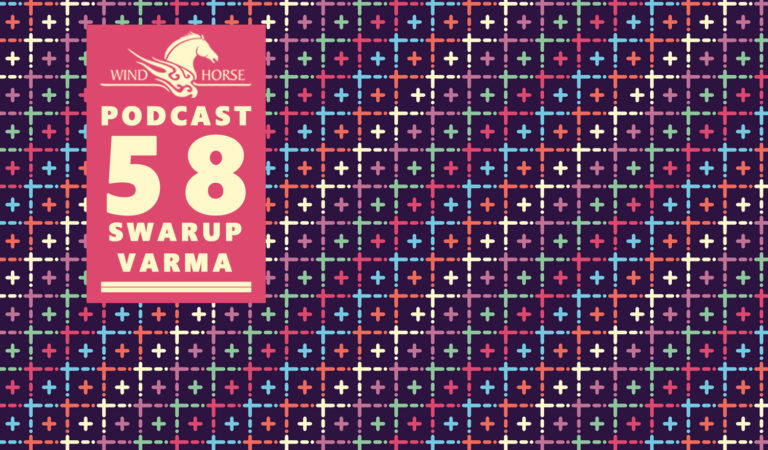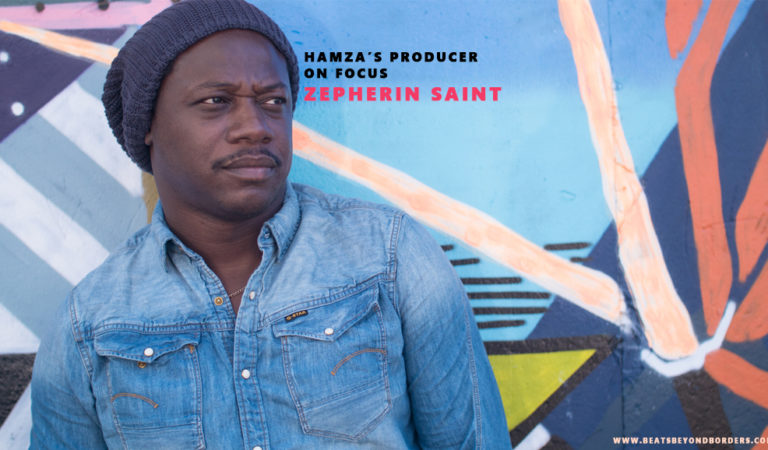In the labyrinth of New York’s nocturnal pulse during the late 1970s, few names resonate as profoundly as Mel Cheren and West End Records. Co-founded by Cheren and Ed Kushins in 1976, West End Records emerged as a seminal force within the disco and club scene, operating from the hallowed halls of 254 West 54th Street – an address synonymous with the legendary Studio 54. The label, with its pulse firmly attuned to the burgeoning dance music landscape, collaborated closely with visionary DJs like Larry Levan, encapsulating the transformative energy of the era.

Cheren, often revered as the “Godfather of Disco,” was not only the driving force behind West End but also co-founder of the iconic Paradise Garage nightclub, where Levan reigned as the resident DJ. A towering figure in New York’s nightlife of the 1970s and ’80s, Cheren was instrumental in the creation of the 12” dance single as well. Describing the Garage as “the ultimate expression of the whole fabric” of gay nightlife, Cheren’s vision intertwined the destinies of West End Records and Paradise Garage. Unlike its contemporaries, such as Salsoul, West End eschewed lush orchestration for a more stripped-down, groove-centric sound – epitomized by Taana Gardner’s classic ‘Heartbeat’, which thrived at a languid tempo of just over 100 bpm. The label’s trajectory mirrored the arc of the disco movement, experiencing a renaissance through the art of sampling, which saw its catalogue invigorated by hip-hop and dance music luminaries. The label not only served as a blueprint for Paradise Garage and Studio 54 but also launched the careers of pioneering remixers. Tom Moulton, credited with inventing the remix, along with luminaries such as Larry Levan, Tee Scott, Walter Gibbons, François Kevorkian, and Arthur Russell, are all indelibly linked to West End’s storied history.

A recent documentary called “The Story of Mel Cheren and West End Records” that I watched, fuelled me to write this article. This engrossing 80-minute film offers a firsthand account from Cheren, who recounts the genesis of West End Records and the creation of the 12” vinyl single, which found its greatest resonance with New York’s club DJs. The documentary also sheds light on Cheren’s tenure at Scepter Records, where he pioneered instrumental B-sides for dance singles, and his pivotal role as the financial backer of Paradise Garage, transforming a SoHo parking garage into a sanctum for DJ culture.

Paradise Garage, under the spell of DJ Larry Levan, became the epicenter of the Manhattan gay disco scene in the 1970s and ’80s. Levan’s sets, often referred to as “Saturday Mass,” captivated a culturally diverse audience and solidified his status as a “DJ God.” The film poignantly explores the struggles for equality within the club circuit and the devastating impact of the AIDS epidemic, which claimed the lives of many within Cheren’s circle. In response, Cheren founded 24 Hours for Life, a nonprofit dedicated to raising funds from the music industry for AIDS relief.

The documentary is a treasure trove of nostalgia, featuring testimonials from heavyweight DJs like Louie Vega, Marly Marl, Danny Krivit, Junior Vasquez, and Nicky Siano. It is an essential watch for DJs, disco aficionados, collectors, and music lovers alike, celebrating the vibrant legacy of New York’s club culture and the indelible mark left by Mel Cheren and West End Records. You can watch the documentary for free on YouTube here.
Cheren’s legacy, however, transcends the realm of disco. His contributions to queer culture and its journey towards mainstream acceptance are equally monumental. In the early 1980s, he offered office space to the nascent Gay Men’s Health Crisis (GMHC), the first organization dedicated to combating what would become the AIDS epidemic. Cheren’s death from pneumonia, a complication of AIDS, in 2007 marked the end of a life that significantly shaped dance music’s global trajectory.





